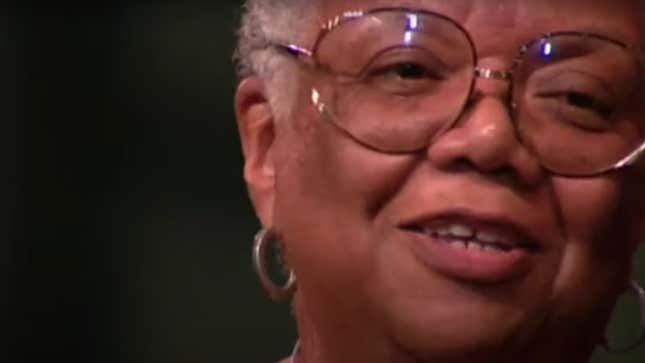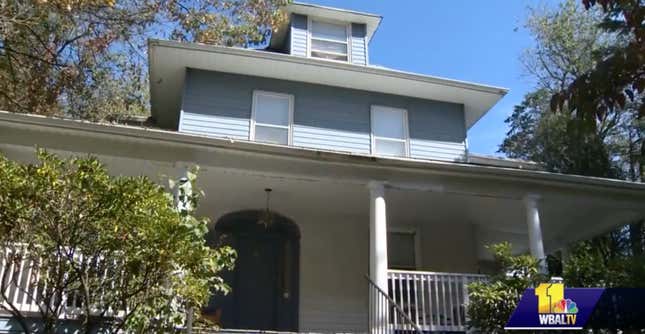
The opening lines of one of Lucille Clifton’s best-known poems read: “Won’t you celebrate with me, what I have shaped into a kind of life? I had no model.”
In life, Clifton was a prolific poet and children’s book author who, after being brought to national attention by the likes of Langston Hughes and Ishmael Reed in the late 1960s, eventually became the first author to have two books of poetry chosen as finalists for the Pulitzer Prize in 1987 (h/t Poetry Foundation), after a first nomination for the prize in 1980. She would additionally win a National Book Award, a Lannan Literary Award, an Emmy Award, and two National Endowment for the Arts fellowships. In 2007, just three years before her death in February 2010, Clifton became the first Black woman to earn one of poetry’s most esteemed honors, the Ruth Lilly Poetry Prize. The Black experience, family and womanhood were recurrent themes in her work.
Born in DePew, N.Y. in 1936, Clifton, an alumna of Howard University and the State of New York at Fredonia, resided in Baltimore for most of her adult life, producing six books of poetry, a memoir, and serving as Maryland’s poet laureate from 1974 to 1985. She spent much of that time living, writing and raising a family with activist husband Fred James Clifton in a blue-and-white house in the West Baltimore neighborhood. Now, that home will become a haven for other creatives; as reported by The Lit Hub, on October 16, a $750,000 grant from the Andrew W. Mellon Foundation has been bestowed upon the Clifton House, “an artist and writers workshop designed to honor the legacy of esteemed poet Lucille Clifton.”

Lost to foreclosure in the 1980s, it was the Cliftons’ five children who repurchased their childhood home in 2019, after daughter Sidney Clifton, now a Los Angeles-based animation producer, contacted the owner, only to find it had been placed on the market that very same day. Regaining a part of their parents’ legacy, the siblings had a distinct plan to honor it, transforming the home into a sanctuary for other artists and activists.
“It meant reclaiming the history, it meant sort of, like, a triumph for my parents,” Sidney Clifton told WBAL TV. “(The plan is) to create a space for emerging and established poets, writers, artists, activists to come together to find a safe space where people learn how to live the life of an artist.”
“We all tend to hear things about the city of Baltimore that aren’t always the most positive things, and we grew up here,” another daughter, Alexia Clifton, told the network. “It was a sanctuary, not only for us, but for other artists and older people and young people who want to do creative things. And I think it’s important that people understand that that can still happen.”
“Why do I continue to write? Because, for me, I think that writing is a way of continuing to hope,” Lucille Clifton told fellow poet Michael S. Glaser in a 1999 interview for the Antioch Review. “When things sometimes feel as if they’re not going to get any better, writing offers a way of trying to connect with something beyond that obvious feeling...because you know, there is hope in connecting, and so perhaps for me, it is a way of remembering I am not alone. And the writing may be sending tentacles out to see if there is a response to that.”
The Mellon Foundation’s grant will bring the Clifton family’s vision to fruition—a milestone well worth the celebration Lucille Clifton once called for. “This generous grant will support development and programming, virtual and in-person poetry readings and workshops, writer and artist residencies, and staffing for this important project,” Sidney Clifton said in a statement (h/t Lit Hub). “We are thrilled that our vision and efforts are bearing results at this stage in our planning and development.”
The Clifton House is scheduled to open in early 2021.

